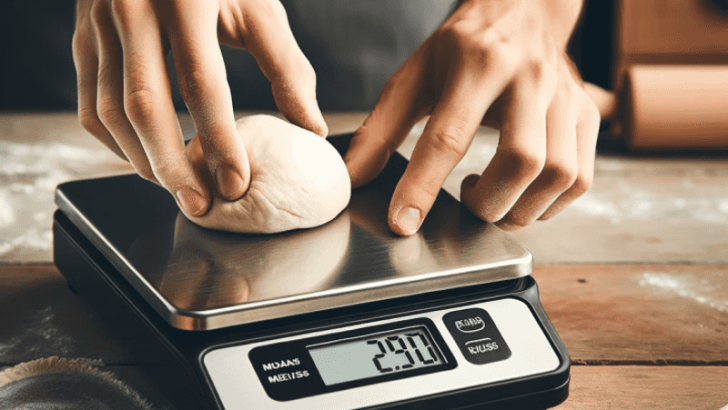Cooking is an art, and like any art form, having the right knowledge can make a world of difference. Whether you’re a novice cook or a seasoned chef, there are certain tips and tricks that can elevate your culinary skills to the next level. From mastering the art of seasoning to understanding the science of heat, these kitchen tips are essential for every home cook. In this blog post, we will explore 13 indispensable kitchen tips that can help you cook more efficiently, safely, and deliciously. So, grab your apron and let’s get started on this culinary journey that promises to enhance your cooking experience in surprising ways.
1. Season with Confidence

Seasoning is an art that can transform a dish from bland to extraordinary. Salt enhances flavor, while herbs and spices add depth and character. Start with less and adjust to taste, understanding that some flavors intensify over time. Explore combinations of spices to find your unique signature. Fresh herbs can add brightness, while dried herbs offer different intensities. Don’t shy away from experimenting; confidence in seasoning can revolutionize your cooking. Remember, a well-seasoned dish is one of the secrets to gourmet cooking.
2. Understand the Role of Heat
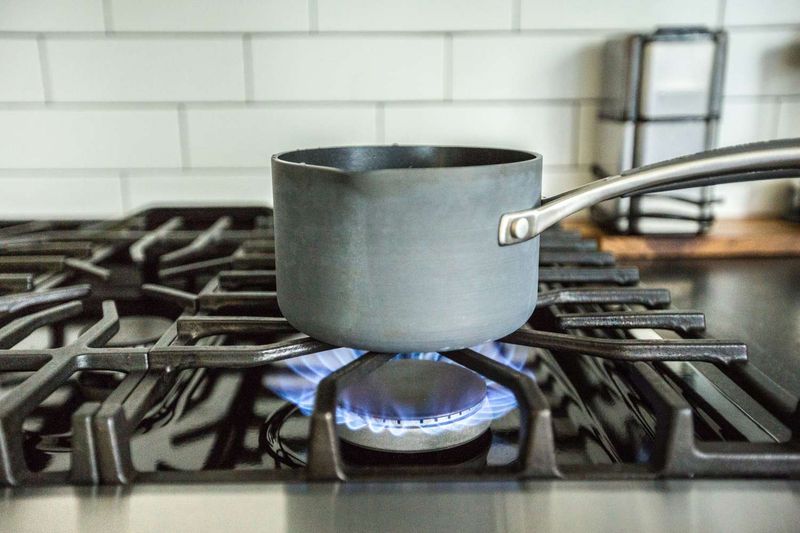
Heat control is vital in cooking. Different dishes require varying levels of heat to achieve the desired texture and flavor. High heat is great for searing and sautéing, while low heat is suited for simmering and slow cooking. Always preheat pans to ensure even cooking. Experiment with different heat levels to find the perfect setting for each dish. Remember, mastering heat control can prevent burning and ensure consistent results, making your dishes taste as they should.
3. Embrace Mise en Place
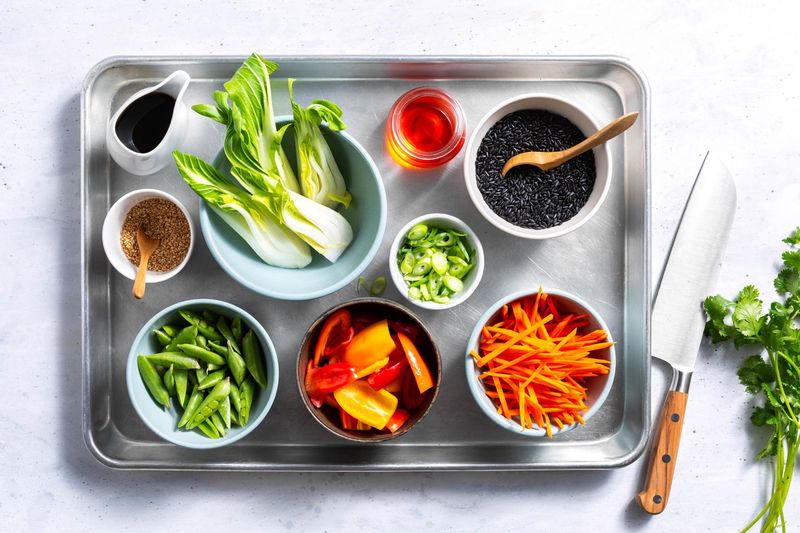
Mise en place, a French culinary phrase, means “everything in its place.” This practice involves preparing and organizing all your ingredients before cooking. It ensures a smoother cooking process, preventing last-minute scrambles. Chop, measure, and arrange everything in advance. This not only saves time but also helps in maintaining focus and efficiency. Adopting mise en place can transform your kitchen experience from chaotic to harmonious.
4. Don’t Fear the Mandolin

The mandolin is a tool that can make slicing quick and uniform. However, many fear it due to the risk of injury. Always use the guard and go slow, focusing on technique rather than speed. It’s perfect for achieving thin, even slices that are difficult with a knife. From salads to gratins, the mandolin opens up new culinary possibilities. Use it with respect and it can become one of your favorite kitchen tools.
5. Harness the Power of Acid
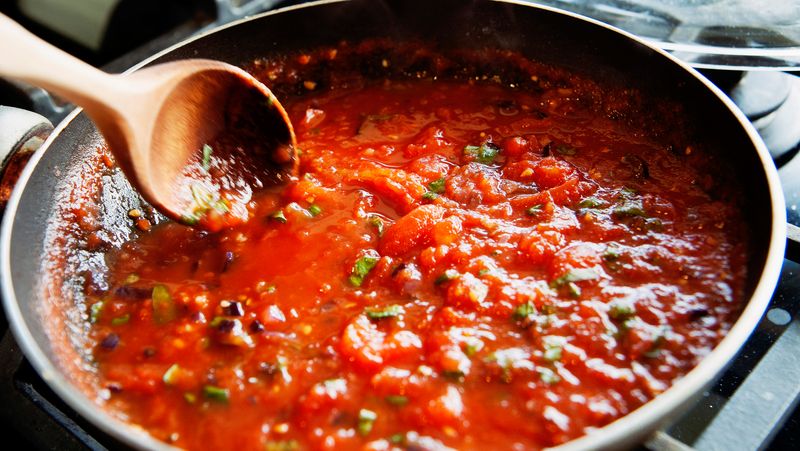
Acid adds brightness and balance to dishes, lifting flavors and adding interest. Lemon juice, vinegars, and tomatoes are common acidic ingredients. They can cut through richness and add a refreshing note. Always taste and adjust the acidity level to suit the dish. Understanding how acid interacts with other flavors can help you create more vibrant and balanced meals. It’s a subtle yet powerful tool in a cook’s arsenal.
6. The Magic of Resting Meat
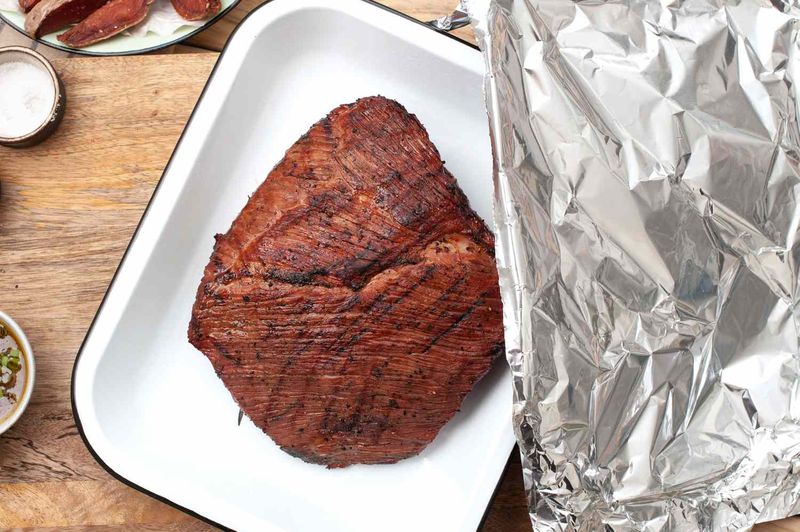
Resting meat after cooking allows the juices to redistribute, leading to juicier and more flavorful results. Cutting too soon causes juices to spill, resulting in dryness. Let meat rest for at least a few minutes, depending on size. Cover loosely with foil to keep warm. This simple step enhances the texture and taste tremendously. It’s a tip that can make or break a perfect meal, ensuring satisfaction with every bite.
7. Taste as You Cook
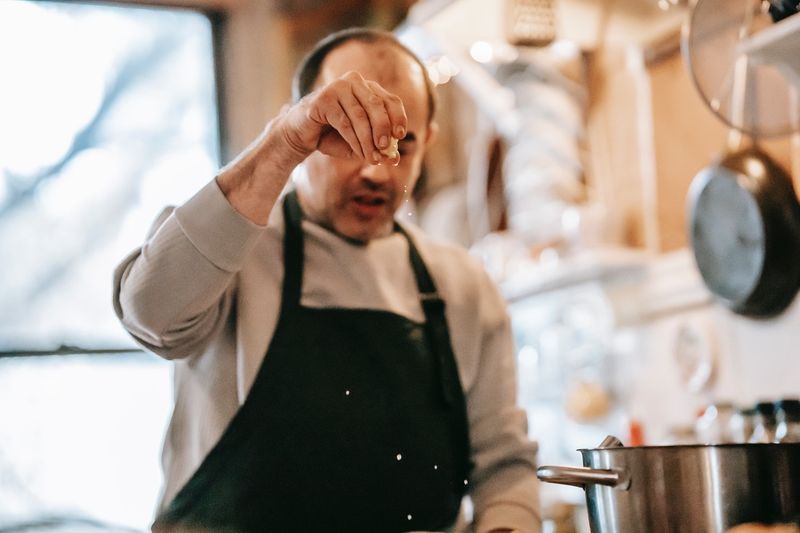
Tasting while cooking is essential for achieving the perfect flavor balance. Don’t wait until the dish is finished. Adjust seasoning, acidity, or sweetness as needed. This practice allows for course corrections and ensures your dish develops as intended. Developing a palate for flavor balance can elevate your cooking from good to great. Remember, taste is subjective, and frequent tasting helps tailor dishes to your preference.
8. The Versatility of Eggs
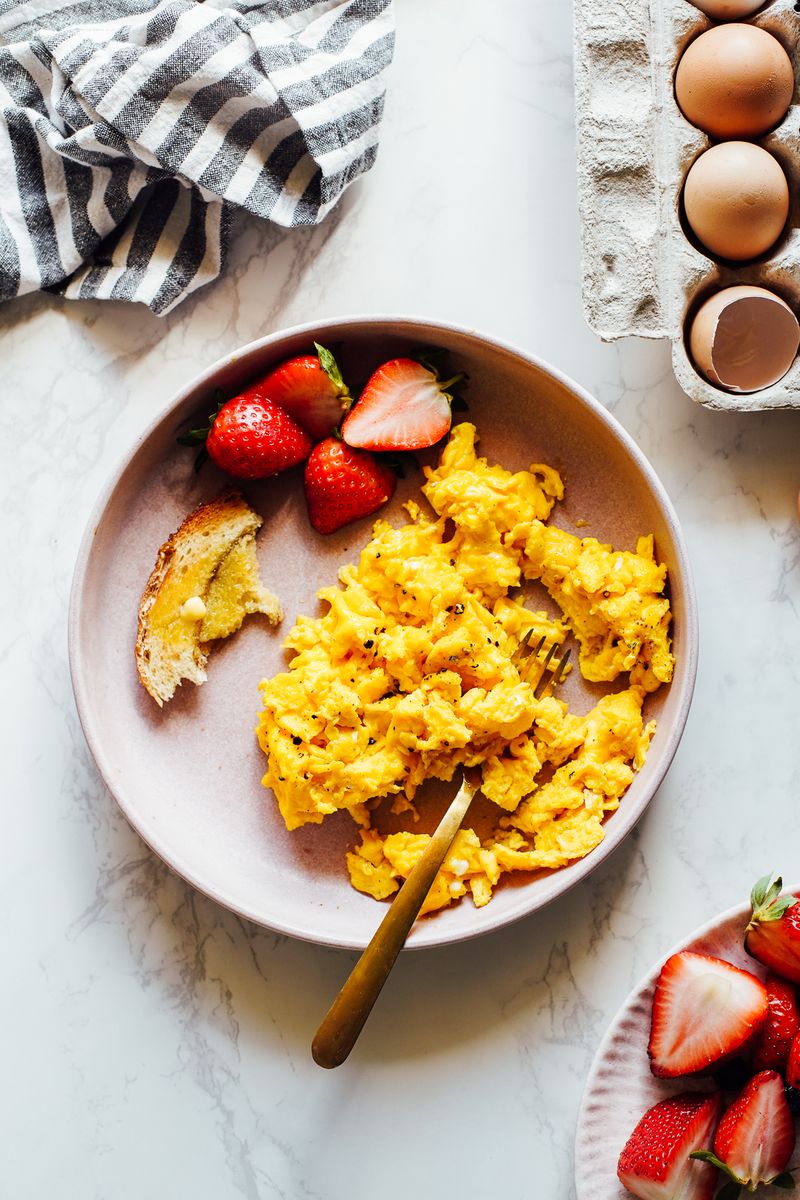
Eggs are a kitchen staple due to their versatility. They can be the star of a dish or play a supporting role. Mastering different techniques like poaching, scrambling, and baking can expand your culinary repertoire. Eggs can bind ingredients, add richness, or even leaven baked goods. Each method brings out different textures and flavors. Understanding their multifaceted nature allows you to harness eggs’ full potential in the kitchen.
9. Plan Your Meals

Meal planning saves time and reduces stress during busy weeks. By taking a few minutes to plan, you can ensure a balanced diet and minimize waste. Keep a list of favorite recipes to rotate, and make a shopping list before heading to the store. Planning ahead also helps in budgeting and avoiding impulse purchases. This strategic approach to cooking maximizes efficiency and ensures you always have a delicious meal ready.
10. Utilize Leftovers Creatively
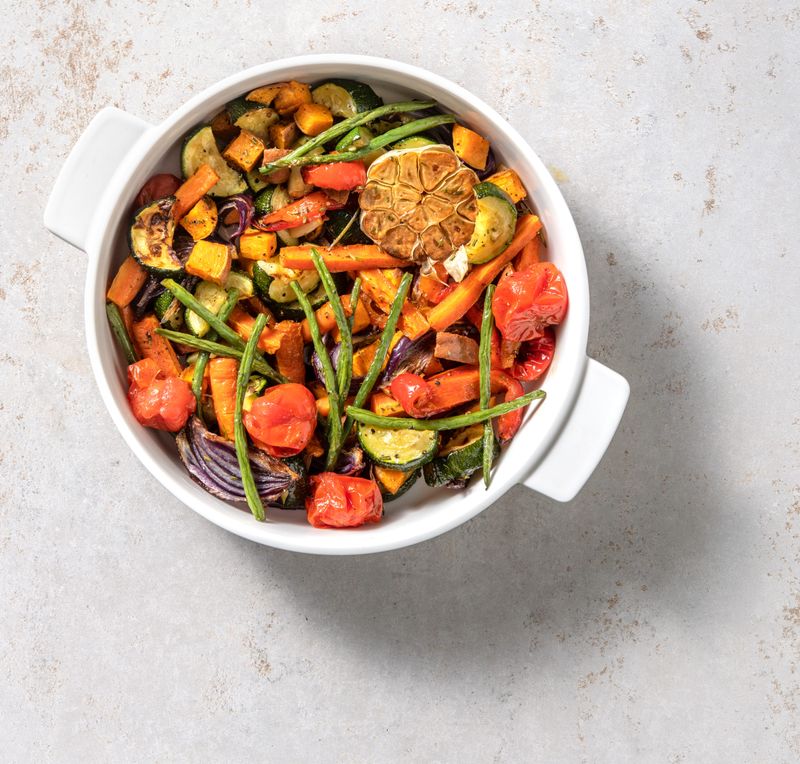
Transforming leftovers into new meals is both economical and creative. Think of leftovers as ingredients for entirely new dishes. Combine them into soups, casseroles, or stir-fries. This not only reduces waste but also invites culinary creativity. Regularly assess your fridge’s contents to inspire new combinations. With a little imagination, leftovers can lead to unexpected and delightful meals that surprise and satisfy.
11. Precision with Baking
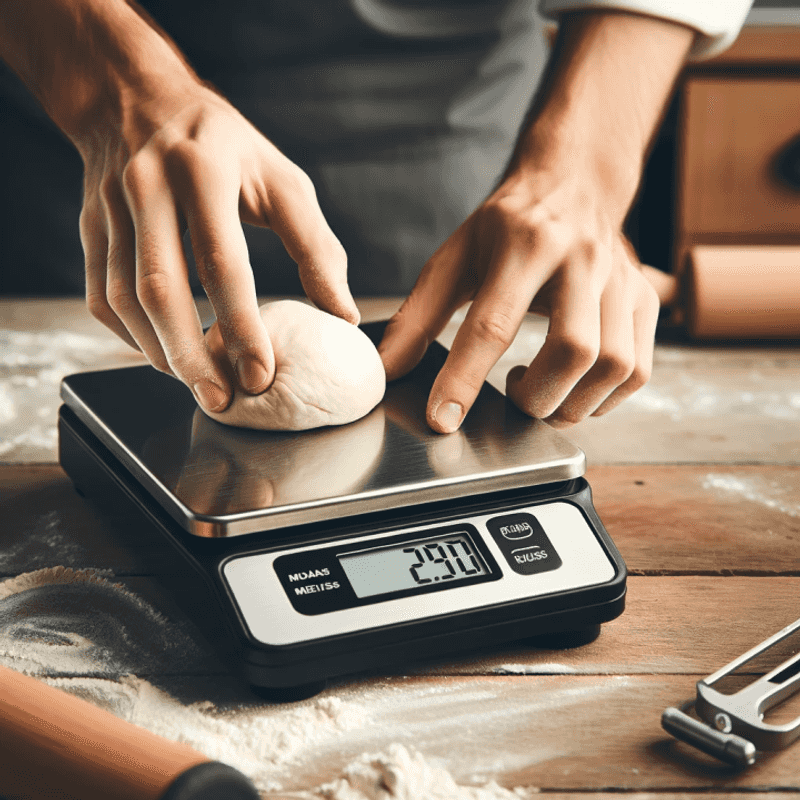
Baking is a science, and precision is key. Measuring ingredients accurately maintains the balance of a recipe. Use the correct measuring tools for dry and wet ingredients. Level off dry ingredients with a straight edge for accuracy. Invest in a kitchen scale for even more precision. Following recipes closely ensures consistent results. Baking demands attention to detail, and mastering these basics can lead to delightful baked goods every time.
12. Enjoy the Process
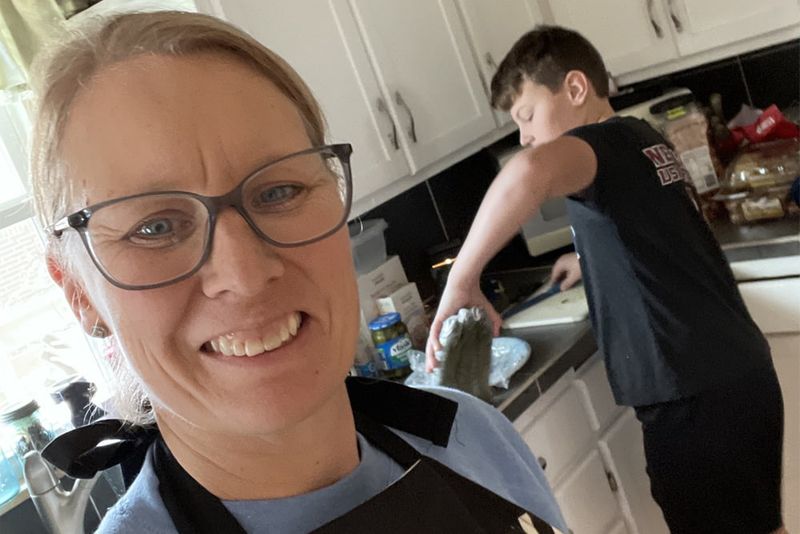
Cooking should be enjoyable, an opportunity to express creativity and unwind. Embrace the process and find joy in each step, from preparation to presentation. Put on music, experiment with new recipes, and make it a personal ritual. Remember, the kitchen is a place where creativity thrives. Enjoying the process makes cooking less of a chore and more of an enriching experience, turning meals into moments of joy.

Well, hello there!
My name is Jennifer. Besides being an orthodontist, I am a mother to 3 playful boys. In this motherhood journey, I can say I will never know everything. That’s why I always strive to read a lot, and that’s why I started writing about all the smithereens I came across so that you can have everything in one place! Enjoy and stay positive; you’ve got this!

